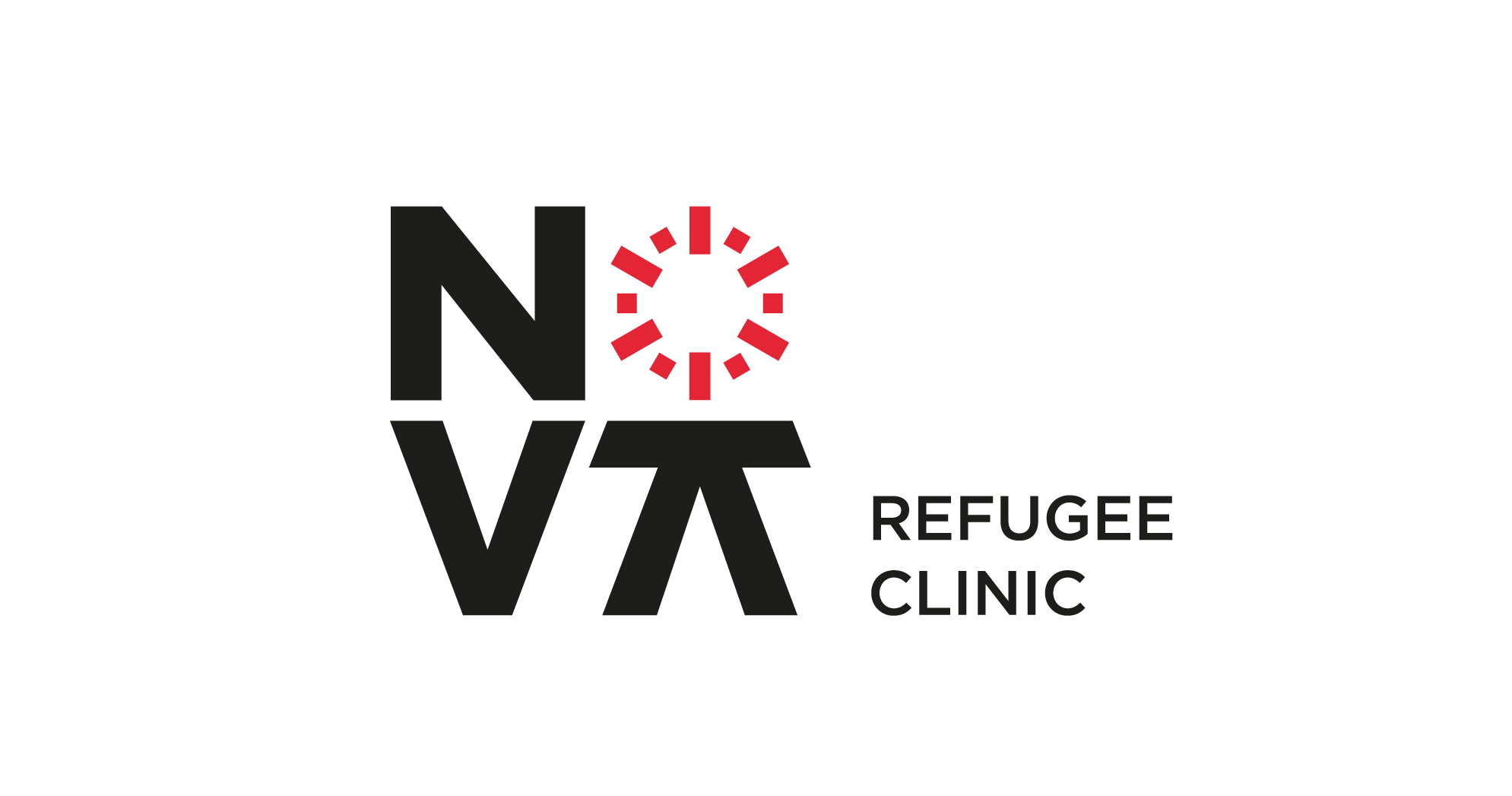
Line of Research on Migration & State Punitive Power
MEMBROS | Members
- João Varela (Team Leader)
- Diogo Sereno
- Luís Calle y Bonaccorso
- Jean Cajaty
- Otávio de Figueiredo Raupp
DESCRIÇÃO | Description
[PT] Sendo hoje um número cada vez maior as pessoas que migram, procurando um qualquer lugar que lhes ofereça melhores condições de vida do que as dispensadas pelo seu país de origem, visamos identificar e analisar, no âmbito da nossa Linha de Investigação Migração & Poder Punitivo do Estado, as restrições, coactivamente, impostas pelo Estado de acolhimento à prossecução dessa finalidade de vida.
[EN] As today an increasing number of people migrate in search of a place that offers them better living conditions than those provided by their country of origin, we aim to identify and analyse, within our line of research Migration & Punitive Power of the State, the restrictions coercively imposed by the host State to the pursuit of this purpose of life.
BLOG POSTS | Blogposts
ZOOMCASTS| Zoomcasts
ATIVIDADES | Activities
2020 / 2021
[PT] A investigação se debruçou sobre a pena acessória de expulsão, os seus pressupostos, os limites e as finalidades
[EN] The research focused on the accessory penalty of deportation, its assumptions, limits and purposes
2021 / 2022
[PT] A linha dedicou-se ao estudo da interação entre migração, por um lado, e criminalidade, por outro. Tendo esta interação duas possíveis perspectivas de abordagem: estrangeiro como agente (perspectiva ativa), estrangeiro como vítima (perspectiva passiva).
A nossa investigação (1.º Semestre) se iniciou por esta última, centrando-nos, em particular, nas pessoas que entram ou permanecem, ilegalmente, em território nacional. Assim, estiveram, especialmente, em causa os seguintes tipos legais de crime: auxílio e associação de auxílio à imigração ilegal (respectivamente, artigos 183.º e 184.º, Lei n.º 23/2007, de 4 de julho; doravante, Lei dos Estrangeiros); angariação de mão-de-obra ilegal (artigo 185.º, Lei dos Estrangeiros); utilização da atividade de cidadão estrangeiro em situação ilegal (artigo 185.º-A, Lei dos Estrangeiros) e tráfico de pessoas (artigo 160.º, Código Penal; doravante, CP). Neste contexto, procurou-se, não apenas delimitar, tipicamente, as condutas proibidas, mas, sobretudo, analisar casos reais que nos permitam ter uma visão mais alargada e crítica das realidades subjacentes a esta fenomenologia criminal.
No segundo semestre, debruçarmos-nos sobre outros tipos legais de crime praticados, em maior escala, por cidadãos estrangeiros, particularmente o tráfico de estupefacientes, cujo modalidade fundamental ou matricial está p. e p. no artigo 21.º, Decreto-Lei n.º 15/93, de 22 de janeiro, roubo (artigo 210.º, CP) e homicídio (artigo 131.º, CP). Interessou-nos estudar as causas da sobre-representação dos reclusos estrangeiros na nossa população prisional, se compararmos a respectiva percentagem com a que se verifica, em termos de população residente. De igual modo, analisamos se existe ou não uma associação entre certa criminalidade e determinadas nacionalidades ou etnias. Por fim, trataremos da problemática dos nomeados “crimes culturalmente motivados”.
[EN] The line was dedicated to the study of the interaction between migration, on the one hand, and criminality, on the other. This interaction has two possible perspectives of approach: foreigner as agent (active perspective), and foreigner as a victim (passive perspective).
Our research (1st semester) started with the latter, focusing, in particular, on people who enter or stay, illegally, in the national territory. Thus, the following legal types of crime were especially concerned: aiding and associating to aid illegal immigration (respectively, articles 183 and 184, Law nr. 23/2007, of July 4th; henceforth, Foreigners’ Law); recruiting illegal labour (article 185, Foreigners’ Law); using the activity of a foreign citizen in an illegal situation (article 185-A, Foreigners’ Law) and trafficking in human beings (article 160, Penal Code; henceforth, CP). In this context, we tried, not only to delimit, typically, the prohibited conduct but, above all, to analyse real cases that allow us to have a wider and more critical view of the realities underlying this criminal phenomenology.
In the second semester, we looked into other legal types of crime committed, on a larger scale, by foreign citizens, particularly drug trafficking, whose fundamental or matrix modality is p. and p. in article 21, Decree-Law no. 15/93, of January 22nd, robbery (article 210, CP) and homicide (article 131, CP). We were interested in studying the causes of the over-representation of foreign prisoners in our prison population if we compare the respective percentage with the one verified, in terms of the resident population. We also analysed whether or not there is an association between certain criminality and certain nationalities or ethnicities. Finally, we dealt with the issue of the so-called “culturally motivated crimes”.
2022 / 2023
[PT] No decurso do primeiro semestre, analisaremos a problemática relativa à “detenção de imigrantes” nas diferentes situações típicas em que ela se verifica, incluindo o estudo da jurisprudência desenvolvida a este respeito pelas instâncias internacionais (maxime, Tribunal Europeu dos Direitos do Homem) e nacionais.
No segundo semestre, debruçar-nos-emos, em particular, sobre o conturbado processo de reestruturação do nosso sistema de controlo de fronteiras.
[EN] During the first semester, we will analyse the issue related to “immigration detention” in the different typical situations in which it occurs, including the study of the jurisprudence developed in this respect by international bodies (maxime, European Court of Human Rights) and national ones.
In the second half of the year, we will look in particular at the troubled process of restructuring our border control system.
CONTACTO | Contact
legal.clinic@novarefugeelegalclinic.novalaw.unl.pt

